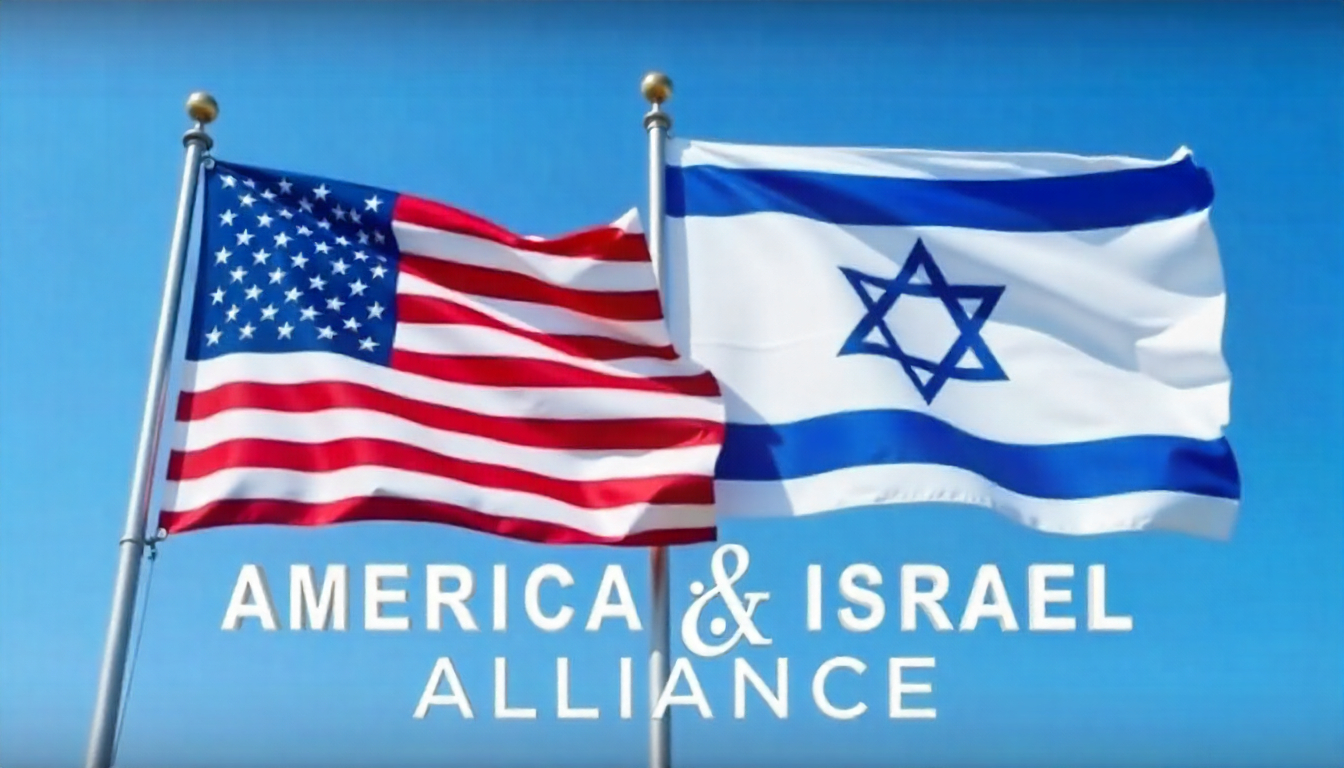A Historic Alliance
The United States and Israel have enjoyed a close and enduring relationship for over seven decades. Born out of shared democratic values, mutual strategic interests, and a strong cultural affinity, the alliance has withstood the test of time. Israel is frequently referred to as America’s most reliable ally in the Middle East—a region marked by geopolitical volatility, conflict, and shifting alliances.
Through intelligence sharing, arms deals, and joint military exercises, both countries have benefited from the relationship. But as the world changes and new conflicts arise, many are now asking: is this unwavering commitment still justified?
Billions in Military Aid
One of the clearest signs of the U.S.-Israel relationship is the massive military aid Washington provides to Tel Aviv. The United States currently sends approximately $3.8 billion per year in military assistance to Israel, as part of a 10-year Memorandum of Understanding (MOU) signed under President Barack Obama.
Supporters of this aid argue it serves multiple purposes:
- Strengthening Israel’s defense in a hostile region
- Supporting a democratic ally
- Enhancing U.S. national security through close military and intelligence cooperation
Indeed, Israel is often seen as a stabilizing force and a valuable base of operations in a region where American leverage is increasingly challenged by powers like Iran, China, and Russia.
Rising Criticism and Controversy
Despite the historic rationale for such support, there’s growing discomfort—both domestically and internationally—about America’s unflinching backing of Israel. At the heart of this controversy is Israel’s treatment of Palestinians, particularly in Gaza and the occupied West Bank.
Repeated military offensives, civilian casualties, and expanding settlement projects have prompted accusations of human rights abuses. Critics argue that continued U.S. aid effectively enables these actions, putting American moral credibility and diplomatic interests at risk. Even within Congress, once-unquestioned bipartisan support has begun to fracture, with progressive Democrats calling for conditions on aid or a total reassessment of the relationship.
A Diplomatic Balancing Act
America’s support for Israel also complicates its diplomatic role in the broader Middle East. While initiatives like the Abraham Accords have normalized relations between Israel and several Arab states, the unresolved Israeli-Palestinian conflict remains a key source of tension.
Arab and Muslim-majority nations often view America as biased, undermining U.S. credibility in mediating peace and building coalitions in the region. With China and Russia stepping up their engagement in Middle Eastern affairs, Washington’s perceived lack of neutrality could be a strategic liability.

Palestinians inspect a site struck by Israeli bombardment in al-Mawasi, near Khan Younis, on July 28 [Mariam Dagga/AP Photo]
The Shift in American Public Opinion
The American public is no longer monolithic in its support for Israel. Recent polls show that younger Americans, especially Democrats and independents, are increasingly critical of the Israeli government. Sympathy for the Palestinian cause is growing, particularly among college students, human rights activists, and progressive political groups.
This generational shift is now influencing U.S. political discourse. Protests, social media campaigns, and congressional debates reflect a broader demand for a more balanced and accountable foreign policy.
Strategic Value vs. Moral Responsibility
Defenders of the alliance argue that pulling back support for Israel would harm U.S. national interests. Israel remains a hub of high-tech innovation, an invaluable intelligence partner, and a regional deterrent against Iran and other adversaries. In their view, abandoning or weakening this relationship could embolden hostile actors and create a power vacuum.
However, others argue that strategic alliances must also be guided by moral responsibility and legal principles. Unconditional aid risks sending the message that U.S. support comes without limits—regardless of actions that may contravene international norms or American values.
Rethinking the Relationship
The real question isn’t whether America should support Israel, but how that support should be structured in the future. Should aid be conditional? Should the U.S. demand changes in Israeli policy regarding settlements, civil rights, or peace negotiations in exchange for continued military assistance?
These are no longer fringe questions—they’re now part of mainstream political debate.
Conclusion: A Relationship Under Review
America’s alliance with Israel is at a crossroads. In a rapidly evolving global landscape—marked by rising powers, shifting alliances, and an increasingly vocal domestic electorate—Washington must decide what kind of partner it wants to be.
Blind loyalty is no longer sustainable. The U.S. must weigh the benefits of strategic cooperation with the need for accountability, fairness, and a principled foreign policy.
Only then can America maintain its leadership in the world—not just through power, but through purpose.
What’s your take on U.S. support for Israel? Share your thoughts in the comments and subscribe for more global analysis.





